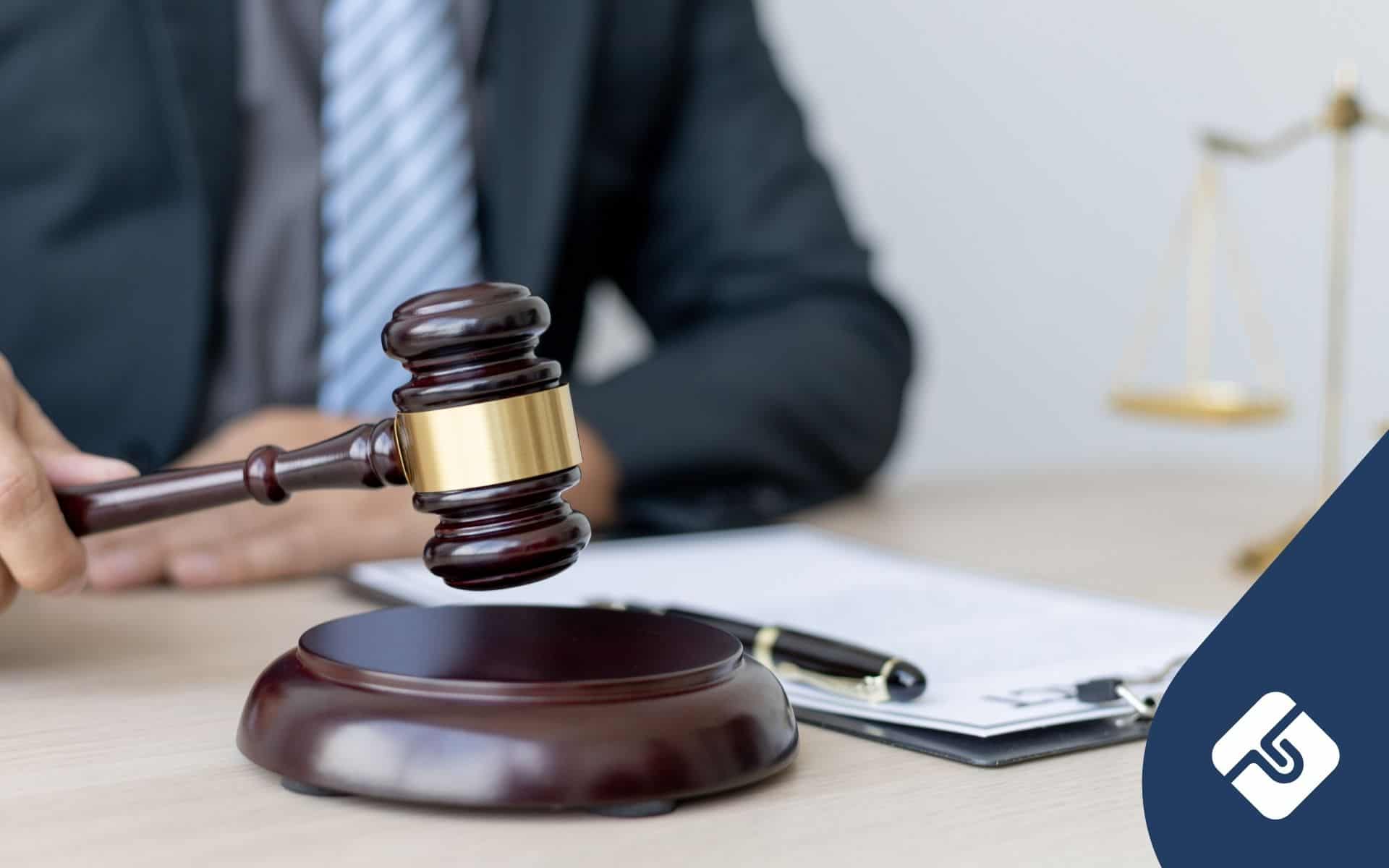The act of affray is where a person uses or threatens to use unlawful violence towards another person. Additionally, in NSW it is classified as a ‘public disorder’ offence, and carries penalties ranging from fines, to a 10 year imprisonment.
Some examples of Affray and Public Violence include:
- Road rage
- Fighting inside a bar
- Threatening to punch another person in public
- Participating in a violent public demonstration
Elements of Affray
To prove the act of affray, there are no requirements that actually need a third person present at the scene. It is sufficient for the prosecution to prove that if a person had been there, they would have been afraid for their safety. The elements of include:
- That the person committed the act;
- That you engaged in the relevant conduct;
- That the conduct was violent or involved the threat of violence;
- Directed towards another person;
- That a reasonable person in the same situation would fear for his or her safety as a result of that conduct.

Get a fixed-fee quote from Australia's largest lawyer marketplace.
Difference between affray and riot
Affray and Riot offences are based on the principle that people should not be subjected to acts that would cause them to fear for their safety, in public.
Affray occurs when:
- A person uses or threatens unlawful violence towards another person
- This causes a person a of reasonable firmness
- possible sentence to imprisonment for 10 years
Whereas, an offence of riot occurs where:
- 12 or more people are present together to use or threaten unlawful violence for a common purpose and
- their conduct as a group would cause a person present at the scene to fear for their personal safety.
- possible sentence to imprisonment for 15 years.
How can I defend myself against an affray charge?
Affray may be dealt with in either the local or district court, in which the punishment is dependent on the location of the hearing. Legal defences for a charge of affray include self-defence and duress.
Conclusion
To conclude, if a matter does proceed to court trial, there are many sources which you can use to defend yourself including providing character references or witnesses, participating in counselling or drug and alcohol rehabilitation programs if appropriate, and making the court aware of any mitigating circumstances that may have contributed to the alleged offence of affray. In any event, it is wise to contact a lawyer for advice if you have been charged with such an offence.
Don't know where to start?
Contact us on 1800 529 728 to learn more about customising legal documents, obtaining a fixed-fee quote from our network of 600+ expert lawyers or to get answers to your legal questions.






